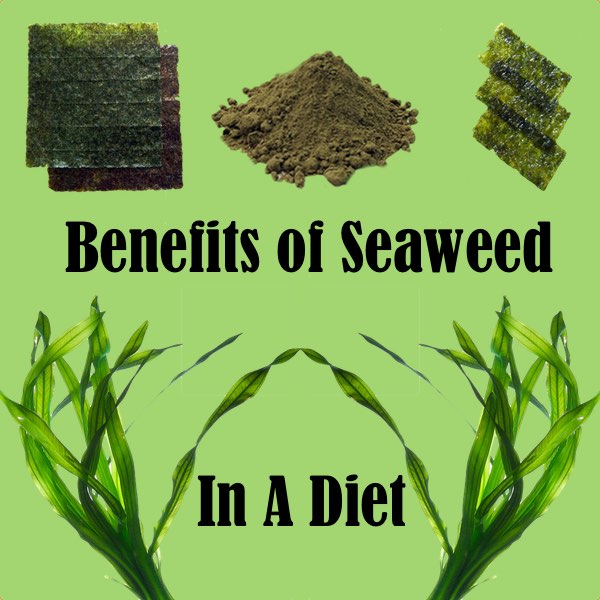Adding dried seaweed to manufactured and homemade foods is heart-healthy because of its high fiber content, as well as the wealth of antioxidants and other beneficial chemicals it offers, according to a new study in the Journal Phycologia.
Seaweed Phycologia Journal Men’s Study
In this study, healthy men were asked to taste bread with added dried seaweed.
The men’s reaction was that the bread tasted acceptable as long as the seaweed content was kept under 4 percent.
By eating this bread, the men ingested more fiber than when they ate the whole wheat bread.
They also consumed 16 percent fewer calories in the 24-hour period after eating the seaweed-enriched bread.
Benefits of Seaweed
Seaweeds contains
- 13 vitamins
- 20 amino acids
- 60 trace elements including iodine and sodium.
- Provides 8 times more calcium than beef and milk
Seaweed has close to ZERO calories. It’s LOW in fat.
Seaweed contains Protein and Calcium.
Using Seaweed In Cooking
For instance:
- You can add up to 5 percent dried seaweed to dough without affecting its ability to rise.
- Dried seaweed can be stored for months or years without loss of flavor and nutritional value.
- Dried seaweed can be added to food as powder, granulate, or pieces in pastries, egg dishes, mashed potatoes, dressings, or sprinkled on vegetables or fish dishes.
- Powders and granulates can be used as a salt substitute. (Seaweed contains potassium salt, which doesn’t affect blood pressure like sodium does).
- But never eat seaweed that is washed up on the beach.
Adding seaweed can become part of healthy diet and is a great source to look into for people with mineral deficiencies.

